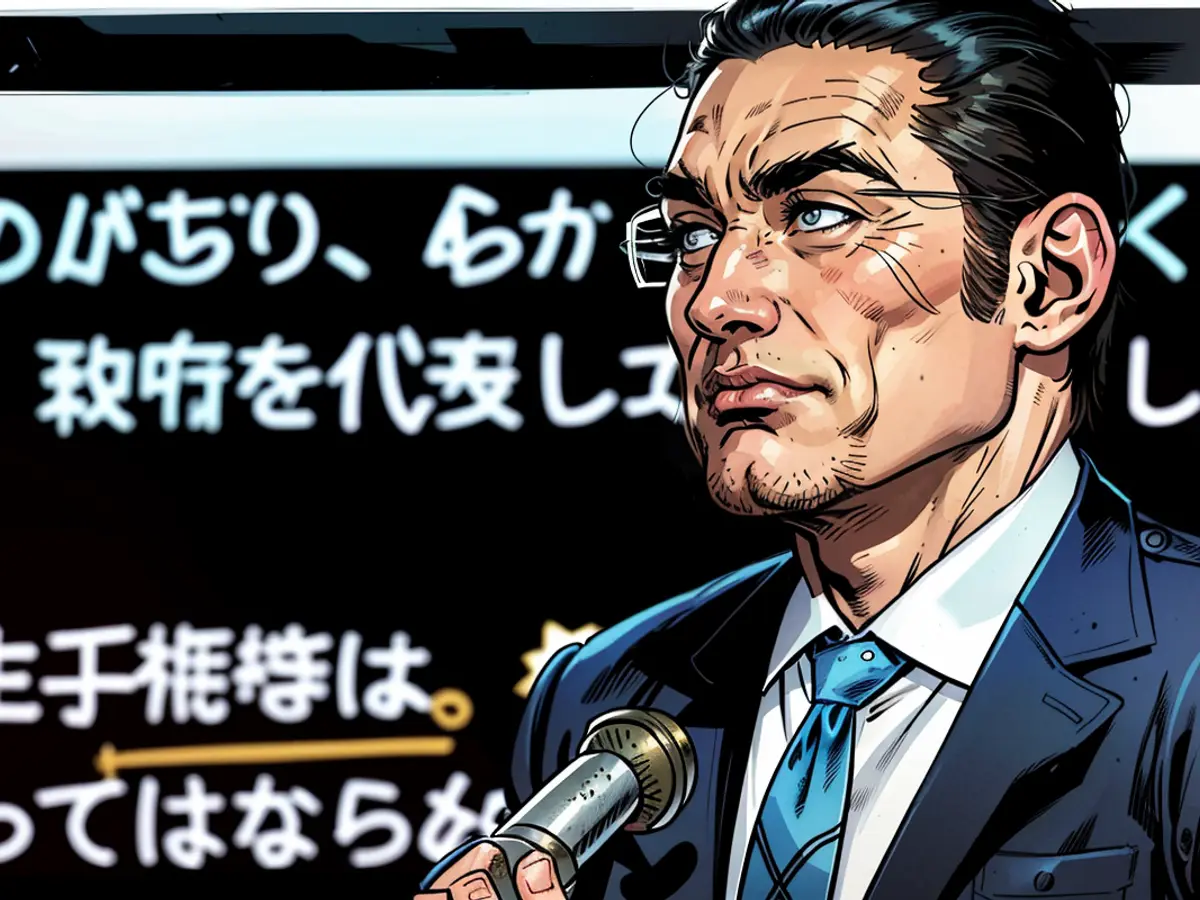Japanese Prime Minister Kishida announces resignation
In the election for the party presidency, it is necessary to show the people "that the LDP is changing," said Kishida. "For this, transparent and open elections and a free and lively debate are important." His resignation is the "obvious first step" to show that the LDP will change, he added.
The LDP has governed Japan almost uninterruptedly since 1945. It must hold an internal election for the party presidency in September, thereby determining who will hold the office of prime minister.
Kishida has been in office since October 2021. The popularity of the 67-year-old has significantly decreased due to inflation and financial scandals linked to the LDP. The approval ratings of his government stood at around 25 percent in a survey by broadcaster NHK.
Kishida could have theoretically remained in office until 2025. While there were speculations that he could call for early elections to strengthen his position, NHK reported that voices within the LDP doubting a electoral success under Kishida's leadership were growing.
Political scientist Koichi Nakano of Sophia University in Tokyo estimates that Kishida decided to step down because he knew he would lose a battle for the party leadership. "He failed to unite the ranks within the LDP," Nakano told news agency AFP. Nevertheless, three years in power is "longer than average" for an LDP leader, he added.
Several potential challengers were named in local media before Kishida's resignation announcement - who are now being considered as his possible successors. These include Digital Minister Taro Kono and Minister for Economic Security, Sanae Takaichi.
The Yomiuri Shimbun newspaper reported that some LDP members have high hopes for former Defense Minister Shigeru Ishiba, the party's former number two. Another hopeful is former Environment Minister Shinjiro Koizumi. The 43-year-old, son of the popular former prime minister Junichiro Koizumi, is considered a "rising star" in Japanese politics.
During his three-year tenure, Kishida has strongly supported Ukraine. As host of the G7 summit in Hiroshima last year, he also received Ukrainian President Volodymyr Zelenskyy. Previously, he had traveled to Ukraine - making him the first Japanese prime minister since World War II to visit a war zone.
Under Kishida, Japan also pledged to increase its defense spending to 2 percent of GDP by 2027, in line with the NATO members' two-percent target. This policy shift, after decades of strict pacifism, came against the backdrop of concerns about China's growing military strength. Under Kishida, Japan also strengthened military cooperation with the US and the Philippines.
Fumio Kishida, who has been in office since October 2021, faced decreasing popularity due to inflation and financial scandals linked to the LDP, with approval ratings dropping to around 25%. Recognizing the need to show the people "that the LDP is changing," Kishida considered resigning as the "obvious first step" towards transparent and open elections and a free and lively debate.







